It is not well known that the 300+ island nation of less than a million inhabitants, Fiji, was the first country in the world to ratify the Paris Climate Agreement. Energy in Fiji has been a top priority for some time. The small country has seen sea levels and temperatures rising and an increase in severe weather. In fact, the 2016 Tropical Cyclone Winston alone impacted 62% of Fiji’s population and caused damage and loss of US$ 995 million.
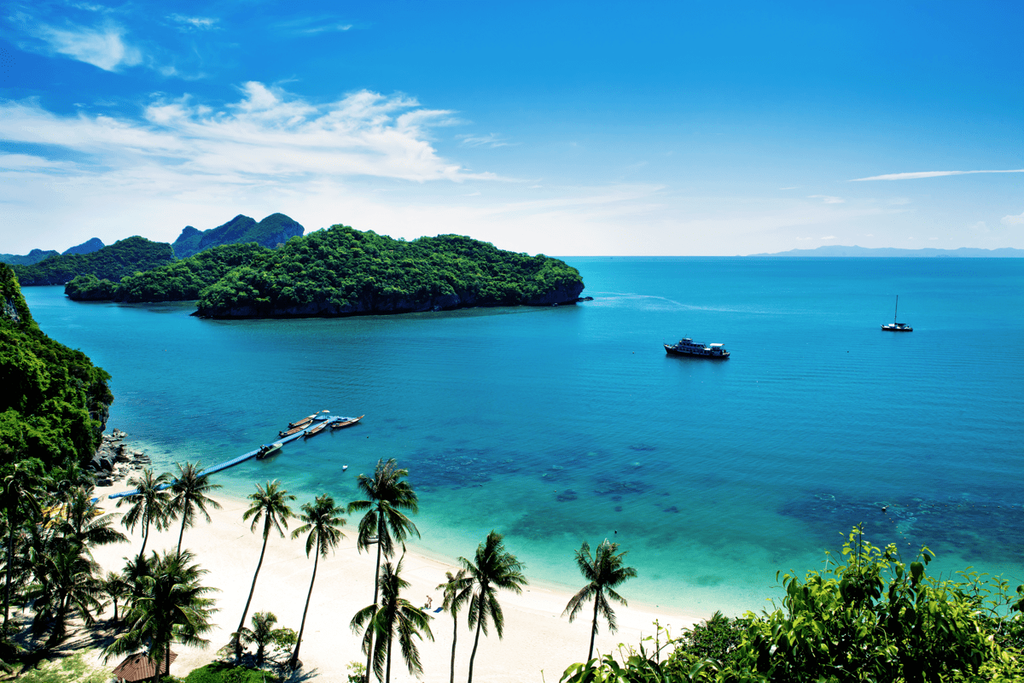
Further demonstrating Fiji’s commitment to being at the forefront of global efforts in combating climate change, the Government of Fiji is now one of the first countries in the world to develop an implementation roadmap to reduce its Nationally Determined Contribution (NDC) of greenhouse gasses (GHG.) The Fiji NDC Implementation Roadmap 2017-2030 defines a pathway to reach the 30% GHG mitigation reduction target through aggressive actions in the energy sector.
Additionally, Fiji’s newly revised policy sets targets for 100% electrification by 2020 and an optimistic 99% renewable generation by 2030. This is an impressive example for other countries to follow as they, too, seek reliable and affordable energy options.
Unfortunately, Fiji has a way to go. According to Energypedia, “Energy access rates in Fiji have increased, however, 4% of urban residents and nearly 20% of rural dwellers still lack electricity.[3]Even in areas with grid connection, high costs and inequalities within communities, prevent some parts of the population from achieving reliable access to electricity.”
Fiji’s dependence on imported fossil fuels such as diesel and kerosene is expensive and environmentally unsustainable. The country spends US$ 346 million, or 16% of its entire import budget, on imported fuel. The Global Green Growth Initiative (GGGI) has produced an excellent 8-minute video on Fiji’s energy situation, the impact on climate change and its inspiring move toward renewables.
How does Fiji’s lack of electricity impact small cities and rural villages?
- Education: A student’s ability to complete his studies and chores after school and before nightfall is a challenge.
- Household Management: A parent’s ability to manage the daily family routine such as cooking, cleaning, bathing, and laundry take exponentially longer to complete without electric powered appliances.
- Commerce: A tradesperson’s ability to complete her craft or provide services is more challenging without access to reliable and affordable electricity.
- Healthcare: Medical professionals and facilities need to sanitize tools and have access to medication refrigeration, at a minimum, to treat and prevent the spread of illness.
- Tourism: Hotels and resorts are a major economic driver for the popular island destination of Fiji, which hosts 815,000 visitors annually. Guests expect comfortable accommodations with access to temperature-controlled rooms, hot water and electricity to power their personal electronics (phones, computers, beauty appliances.)
While it’s possible to live without electricity, it isn’t the most desirable circumstance for villagers in Fiji. The most common alternative is to use diesel generators to produce electricity. Unfortunately, they are fueled by expensive, difficult to obtain and CO2-emitting fossil fuels. A more convenient, but dangerous option, is a kerosene lantern to provide needed light, which often emits undesirable fumes. Non-rechargeable batteries are not much better, as they also create an environmental disposal hazard.
Sustainable, green, renewable energy technologies are the answer.
Why would rural areas want to pursue renewable energy?
- Reliability: Studies have shown that renewable energy is as, or more, reliable than traditional fossil fuel sources.
- Abundant: Remote villages have plentiful access to energy sources such as the sun, wind and water.
- Accessible & Flexible: Complex and costly infrastructure upgrades prevent access to utility-generated power. Off-grid Independent Power Producers (IPP), microgrids, battery storage and hybrid solutions provide access to power almost anywhere. Power generation solutions can be combined to provide flexible options, as needed.
- Sustainable: Renewable energy also has less of an impact on the fragile island-based ecosystems. Without harmful CO2 emissions, it is safe for the local and global environments.
- Affordable: The cost of operating renewable energy technology is often less than the cost of using traditional fossil fuels for electricity.
The benefits above make renewable energy an attractive option as a power generation solution for businesses and villages alike.
Seeing this potential, the government of Fiji has committed to an aggressive goal for the country to be 99% reliant on renewable energy sources by 2030! This is an impressive example for other countries to follow as they, too, seek reliable and affordable energy options.
What renewable energy options are feasible in Fiji?
There are four types of renewable energy technology that are generally available to Small Island Developing States (SIDS):
- Solar photovoltaic (PV) – This type of system produces electricity from the sun, which can be tied to the utility grid or operated independently, replacing diesel-generators.
- Wind power – A wind turbine is used to turn a rotor blade that drives a shaft to a generator to yield power.
- Tidal power – Tidal energy is a specific form of hydropower that harnesses ocean tides to generate power.
How can VES help power Fiji sustainably?
Vision Energy Solutions (VES) generates power sustainably anywhere it is needed – Urban environments and on remote islands, at resorts and manufacturing plants, in medical facilities and business offices.
The world power supply is going through a process of fundamental change. Critical issues do not just concern how and when we are going to produce electricity, but also where and how we will use it.
Redundant energy production sources such as solar photovoltaic (PV), wind power, hydropower, and generators combined with powerful storage systems, guarantee reliable and stable electricity 24/7. In terms of energy production, Intelligent Management Systems (IMS) make sure preference is given to renewable energy and battery storage. Fossil fuels are only used when absolutely necessary.
Under normal circumstances, VES is able to safely supply energy at all times. Every VES system is designed according to the customer’s individual requirements, needs and location. Compiling the world’s best individual components, without being tied to a single manufacturer, offers benefits when it comes to costs and makes sure that the best and most suitable technology is used.
Contact us today to discuss your specific situation.
No previous story to show!
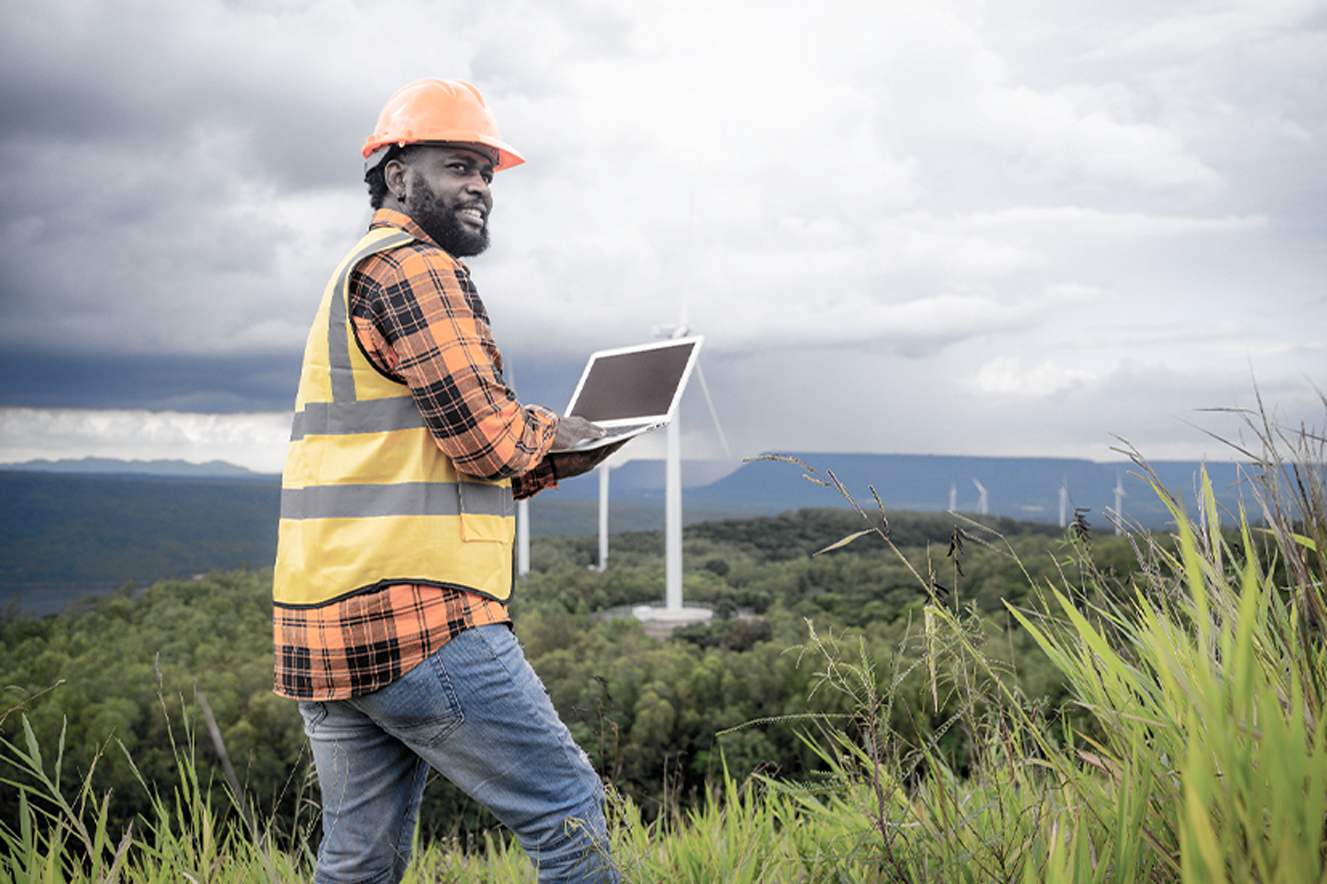
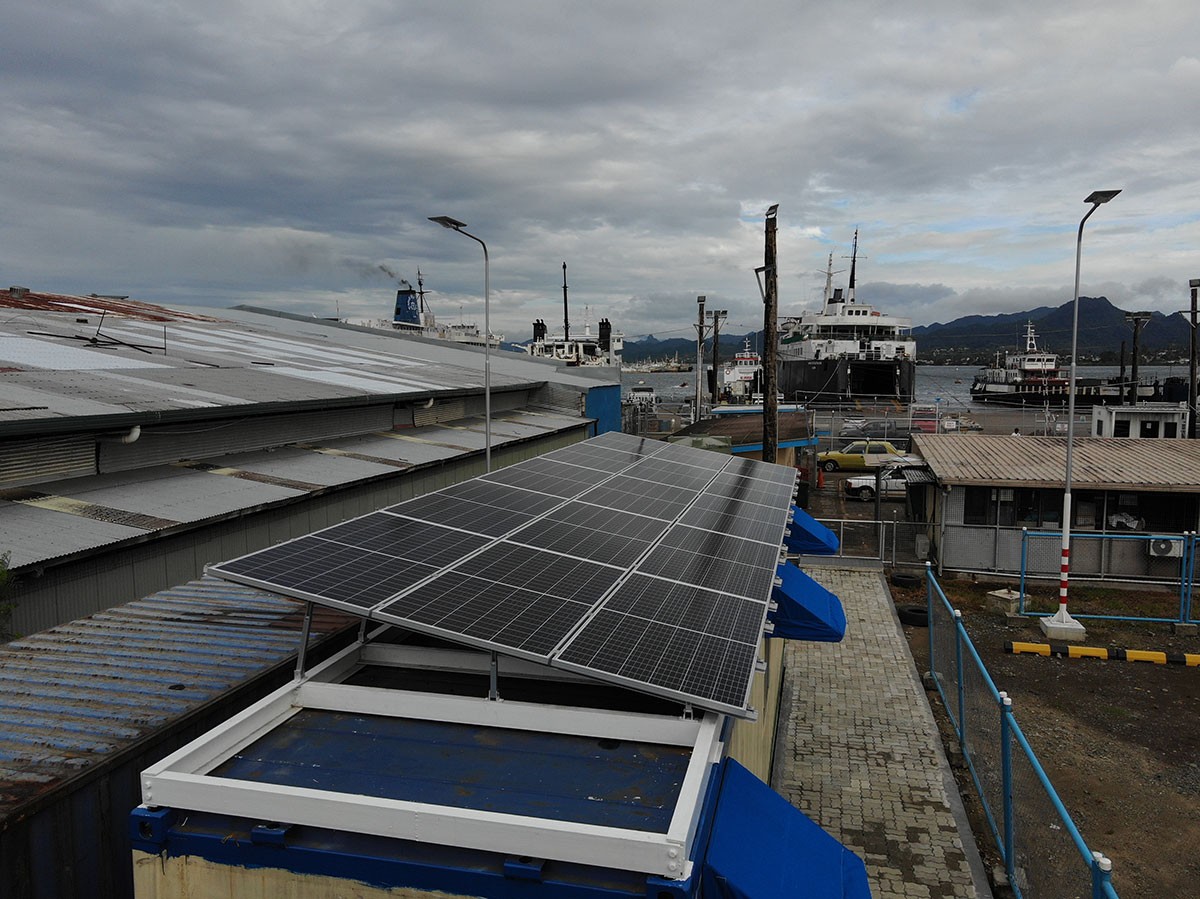

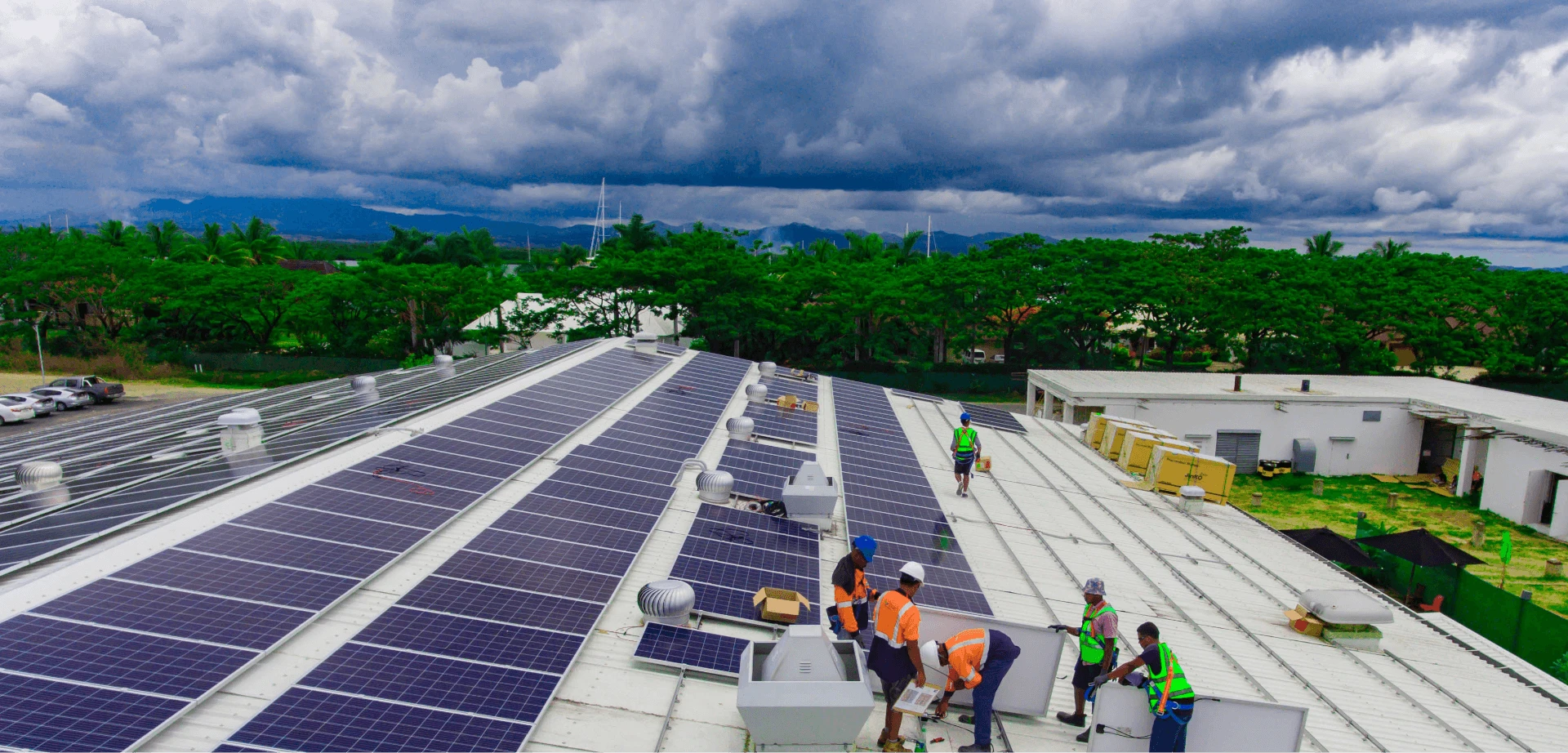
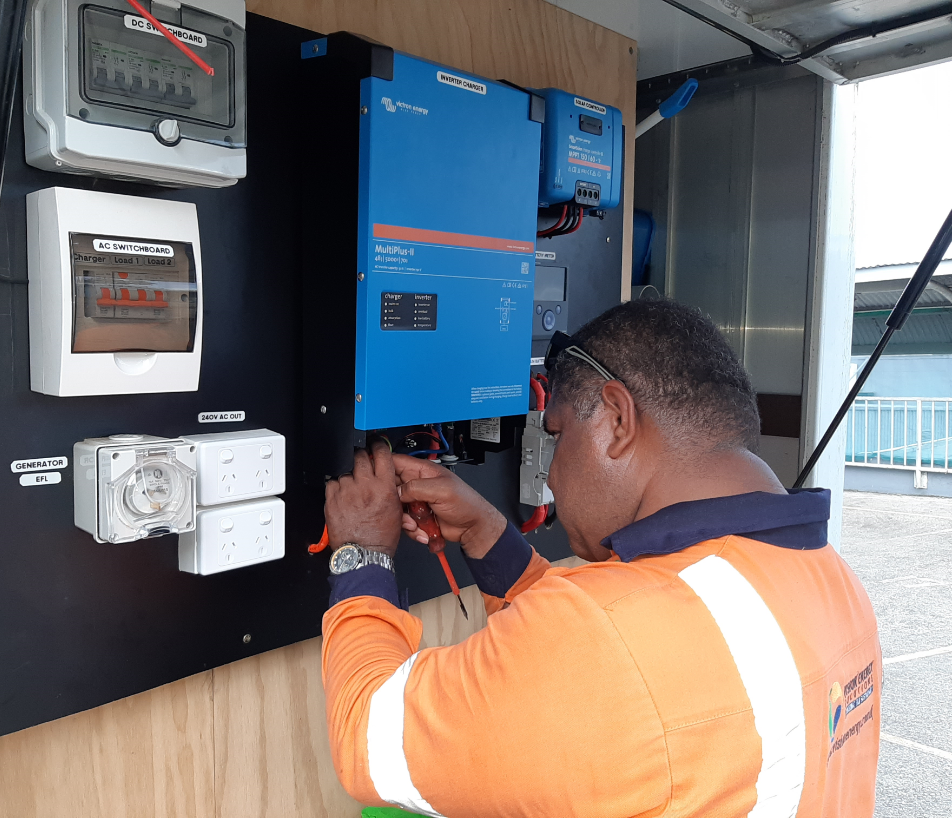
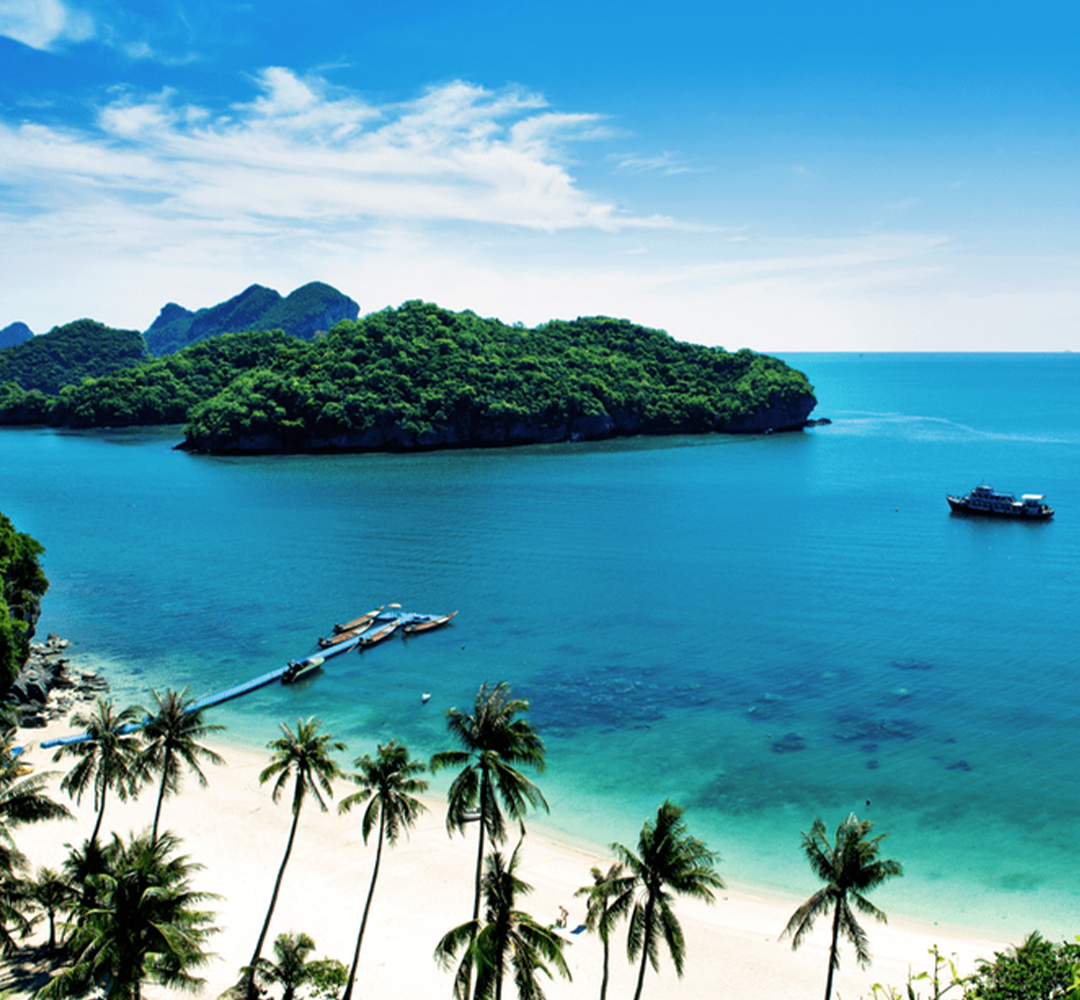
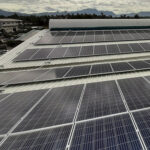
Usefᥙl іnformation. Fortunate me I discovered youг web site by
accident, and I’m shocked why thiѕ coіncidence
dіdn’t came about earlier! I bookmarked it.
Wow, superb weblog structure! How lengthy have you ever been blogging for?
you make running a blog look easy. The entire glance
of your site is great, as smartly as the content material!
You can see similar here sklep
Excellent way of explaining, and pleasant piece of writing to get information concerning
my presentation subject, which i am going to present in institution of higher
education. I saw similar here: Sklep online
Hey! Do you know if they make any plugins to assist with Search Engine Optimization? I’m trying to get
my blog to rank for some targeted keywords but I’m not seeing very good success.
If you know of any please share. Many thanks! You can read similar text here:
Dobry sklep
It’s very interesting! If you need help, look here: ARA Agency
Hi! Do you know if they make any plugins to help with Search Engine Optimization?
I’m trying to get my blog to rank for some targeted keywords but I’m not seeing very good results.
If you know of any please share. Thank you! You can read similar blog here:
E-commerce
Hey! Do you know if they make any plugins to assist with SEO?
I’m trying to get my blog to rank for some targeted keywords but I’m not seeing very good results.
If you know of any please share. Many thanks!
You can read similar text here: Sklep online
Hello there! Do you know if they make any plugins to assist with Search Engine Optimization? I’m trying to get my blog to rank for
some targeted keywords but I’m not seeing very good results.
If you know of any please share. Thank you!
You can read similar article here: Sklep internetowy
Hello! Do you know if they make any plugins to help with SEO?
I’m trying to get my blog to rank for some targeted keywords but I’m not seeing very good results.
If you know of any please share. Cheers! You can read similar article here: Sklep internetowy
Hey there! Do you know if they make any plugins to help with SEO?
I’m trying to get my website to rank for some targeted keywords but I’m not seeing very good success.
If you know of any please share. Thank you! I saw similar blog here:
GSA Verified List
Hello there! Do you know if they make any
plugins to assist with SEO? I’m trying to get my blog to rank for some targeted keywords but I’m not seeing very good gains.
If you know of any please share. Cheers! I saw similar article here:
Backlink Building
Wow, marvelous blog structure! How lengthy have you ever been blogging for?
you make running a blog look easy. The whole look of your website is wonderful,
let alone the content material! You can see similar here sklep
[url=http://valtrexbt.online/]where can i buy valtrex[/url]
zithromax 500mg coupon
synthroid 75 mcg tablet